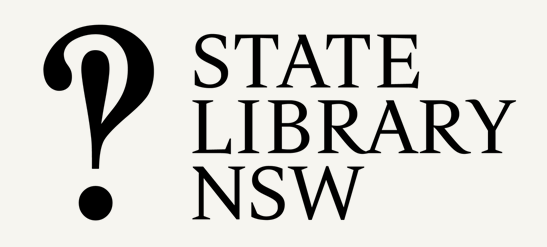Dr Barbara Lemon served as the Executive Director of NSLA for over five years. During this time she oversaw the launch of NED, rollout of the Culturally Safe Libraries Program and incorporation of NSLA as an association among other significant projects. We asked her about her work at NSLA and her new role at the National Library of Australia.
What were the standout aspects of your work that you enjoyed at NSLA?
I loved my time at NSLA. The standout aspect was the capacity to work with great autonomy and great collegiality across multiple organisations with a couple of hundred professionals, deep diving into every imaginable component of library business. I was never bored.
Collaboration can be really hard – things take a long time, there can be communication issues, clashing objectives and many circular conversations – but the reward is great. The feeling of actually seeing something worthy through to completion alongside a group of colleagues, something that none of you could have achieved alone, is hard to describe. There’s a priceless camaraderie that comes from that. I was fortunate to have an excellent (remote) team and a thoroughly supportive, thoroughly invested board. I’ll be honest, I won’t miss the meeting minutes.
Could you tell us a bit about your new role, and if there are any NSLA initiatives that it connects with?
My new role is Director, Curatorial & Collection Research (Commissioned) at the National Library of Australia. With a team of six, I have responsibility for commissioning oral histories and photography for the national collection, as well as for selective web archiving. I work as one of a trio of Directors, with the other two responsible for retrospective (archival) and contemporary (published) collections. The most direct connection to NSLA is through the Oral History Network, and it’s been fun to be on this side of the administrative divide as a member. The work also connects with discussions at Heads of Collections level, particularly relating to collection of social media archives.
Looking to the future, what innovations or challenges in the library sector are you most looking forward to contributing to?
I’m looking forward to contributing to the adoption (and adaptation) of AI tools to improve discoverability of audio collections. NLA holds over 57,000 hours of oral history recordings, with about 30% openly accessible online, and about three quarters of those with a timed summary or transcript. The Library has long been experimenting with software that would enable us to auto-generate transcripts and time-coded summaries, freeing up interviewer time to record more Australian voices. Of course, machine-generated transcripts will need human QA for the time being and that’s what I’m really interested in: the nexus between AI tools and human interpretation. The prospect of using AI to open up the content of hundreds of interviews so that thousands of new connections can be made between seemingly unrelated human subjects and distinctly human themes is very exciting.
We are all going to miss you and can’t thank you enough for your exceptional leadership at NSLA. Could you leave us with one key reflection from your experiences in building and sustaining collaboration across the NSLA community and wider library sector?
I’ve often said it, but I think the library sector is special. That’s because we’re one of the few sectors or industries truly willing to collaborate. Within organisations but also between them, across local, state and national boundaries. It’s not something that we can ever afford to become complacent about because territorialism and competitiveness will always be there too. The key to great collaboration is great leadership, and not always the traditional kind. Having just one person on a board or in a group who is willing to share, to pitch in and to show generosity of spirit usually means that others will follow. Somebody once said to me, it’s as simple as ‘be kind and be on time’. I’d agree with that. A bit of perseverance and just showing up goes a very long way.









